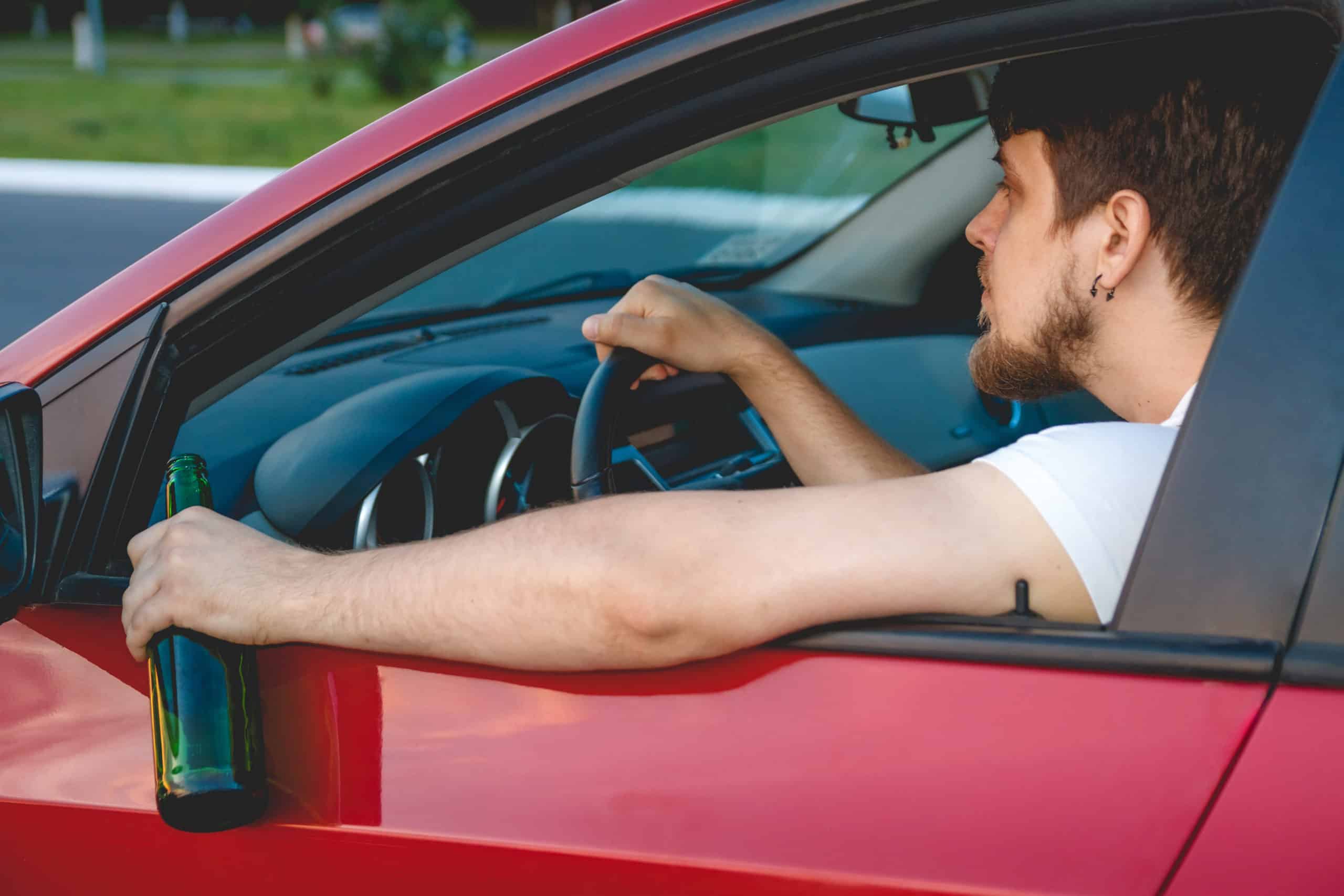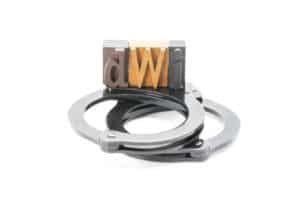
The most effective way to avoid the harsh fines, potential jail time, and permanent criminal record you face with a drunk driving conviction is to get the charges dropped or reduced to a lesser offense.
A DWI reduction lawyer in Highland Park works on your behalf to do just that. DWI attorney Randall Isenberg worked as both a state court judge and felony prosecutor before opening his firm defending Texans accused of crimes. Consequently, he has the insight and depth of knowledge to help you through this challenging time.
To schedule a no-cost, no-obligation consultation, call us today at 214-696-9253.
How a DWI Reduction Lawyer Can Help
When you face DWI charges in Highland Park, you face the threat of substantial fines and the real possibility of jail time. The court can assign community service, probation, and treatment or educational programs. You may also have to install an expensive ignition locking device — all of this is at your own cost.
You will lose your driver’s license — potentially for as long as two years — and have to pay up to $2,000 annually for three years to reinstate your license and keep it in good standing.
But perhaps the worst part of a DWI conviction is the permanent criminal record that comes with it. Your record will be available to anyone who runs a background check on you, including:
- Potential new employers
- Potential landlords
- Professional licensing boards
Having a record can potentially keep you from getting a job, renting a house, or even getting into the college of your choice.
To help you avoid these significant — and potentially life-altering — penalties, a DWI reduction lawyer looks for ways to persuade the prosecution to reduce your DWI charges or, if possible, get the court to dismiss the charges entirely.
Potential DWI Reduction Options in Highland Park
At the Law Offices of Randall B. Isenberg, we explore every potential avenue for getting your charges reduced or dismissed. Using the available evidence and information that we can ascertain using our network of resources, our team will identify any potential errors made by the police in your case. We will also look for any violations of your legal rights.
Using that information, we will attempt to negotiate with the prosecutor for a DWI reduction. These are some of the most common types:
DWI Reduced to Obstruction of a Passageway
Obstruction of a passageway is one of the most common alternatives for a DWI reduction, as this charge does not carry all the long-term consequences of a DWI.
DWI Reduced to Reckless Driving
Although Texas does not have a “wet reckless” statute on the books, we can often convince the prosecutor to reduce a DWI charge to reckless driving, which carries significantly less severe penalties.
Felony DWI Charges Reduced to Misdemeanor DWI
The fines and potential time behind bars are much less with a misdemeanor DWI charge than they are for a felony DWI.
DWI with Aggravating Circumstances
If our legal team can convince the prosecutor to forego the pursuit of aggravating circumstances in your case, you will face a lesser charge. Some of the most common aggravating circumstances in a DWI case include having an open container or a minor passenger.
Common Legal Strategies for DWI Reduction
Our legal team will go to work immediately to assess the evidence in your case, so we can identify the best legal strategies for getting a DWI reduction. Although we will tailor our strategies to the specifics of your situation, these are some of the most common approaches we use to get drunk driving charges reduced.
Lack of Reasonable Suspicion
Before police officers can pull your car over, they must have reasonable suspicion that you broke the law in some way. Without it, we may successfully have the traffic stop declared illegal. This can render any evidence in your case inadmissible.
Lack of Probable Cause
Officers must establish probable cause that your intoxication level meets or exceeds the statutory limits before they can place you under arrest and request that you submit to chemical testing for blood alcohol concentration (BAC).
They typically accomplish this by administering field sobriety tests or by using a portable roadside breathalyzer. If they failed to perform these roadside tests per governing standards and procedures, we can potentially get a DWI reduction or dismissal by demonstrating they did not establish probable cause.
Violations of Your Legal Rights
If the police fail to advise you of your legal rights or if they violate your rights in any way, we can cite those errors as a valid reason why the prosecutor should either reduce your charges to an acceptable level or dismiss your case altogether.
Faulty BAC Test Results
The police and testing labs must perform any chemical testing for BAC per legal standards established for those tests. Should they fail to do so, we can argue that the results may be in error. Also, confounding factors can lead to false positive test results. If we can argue, for example, that a medication you use is commonly associated with a false positive breathalyzer reading, this may provide a solid basis for getting a DWI reduction.
Potential Alternatives to DWI Reduction
Sometimes, even when faced with clear evidence of a flaw in their case, prosecutors will not agree to reduce drunk driving charges. In that case, we have two potential alternative actions.
We can file motions with the court, laying out our argument for why the court should dismiss your case. Or, if we believe we have a persuasive enough case to potentially prevail in a trial, we can make the most robust possible case on your behalf.
Before you decide to plead guilty or give a statement to the police, talk to a DWI reduction attorney in Highland Park to discuss your options.

See How a Highland Park DWI Reduction Lawyer Can Help
To help you make the best possible decisions about your case, the Law Offices of Randall B. Isenberg provides complimentary consultations to people facing DWI charges in Highland Park.
To schedule your no-cost case evaluation, call our office today at 214-696-9253.










